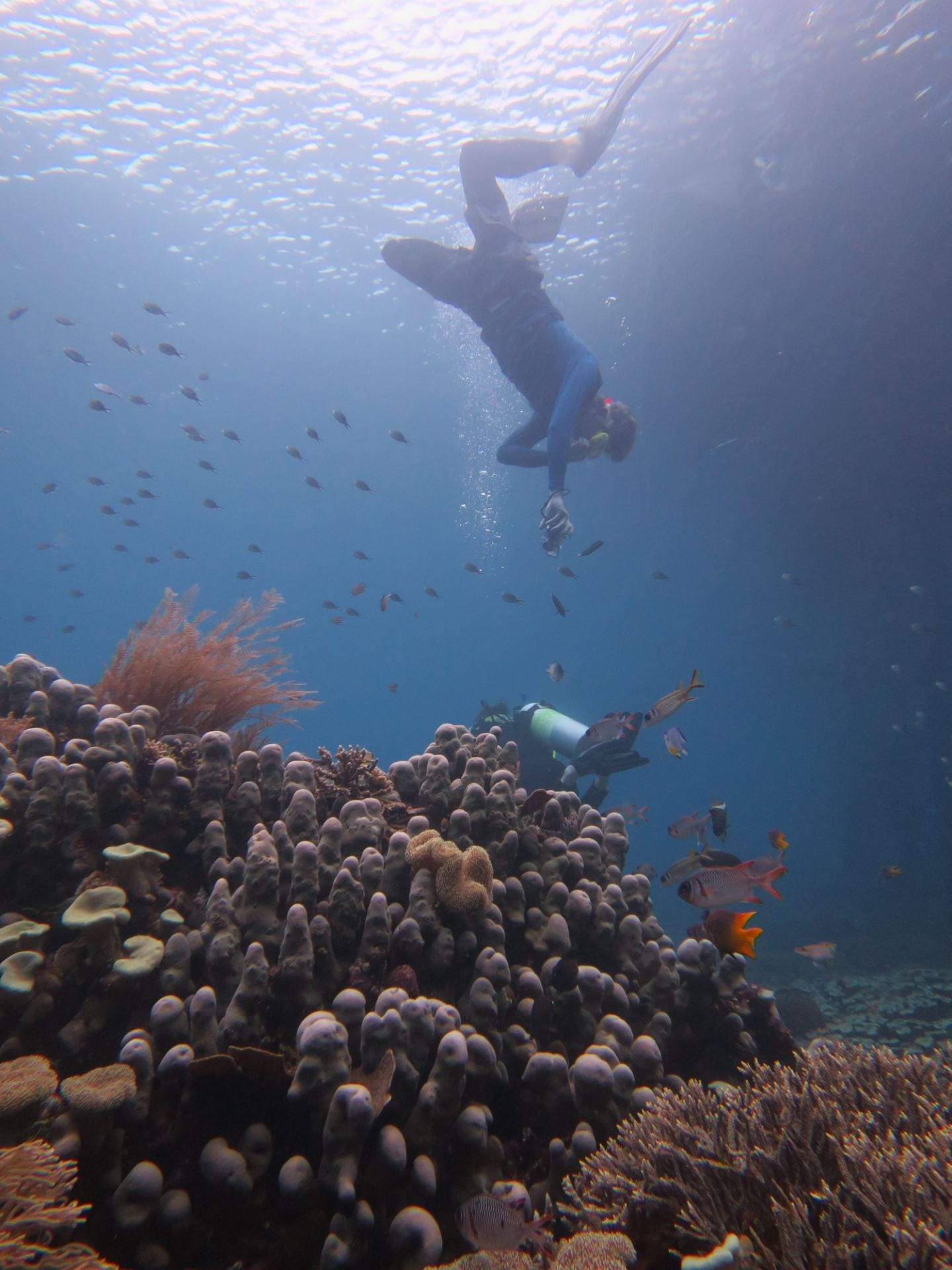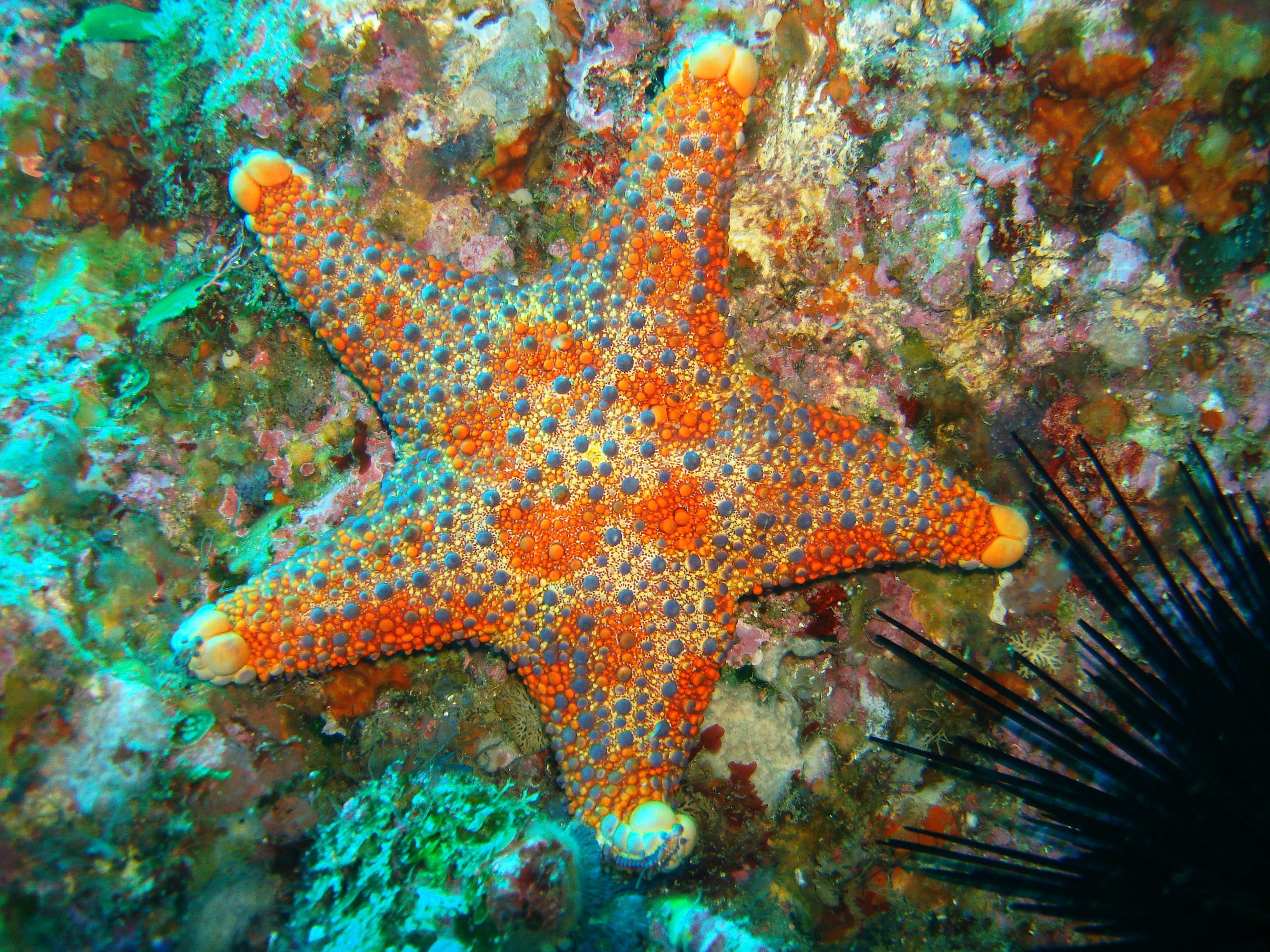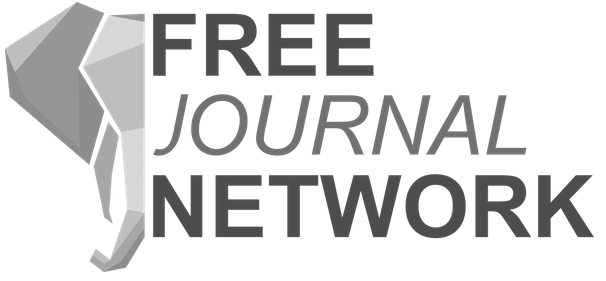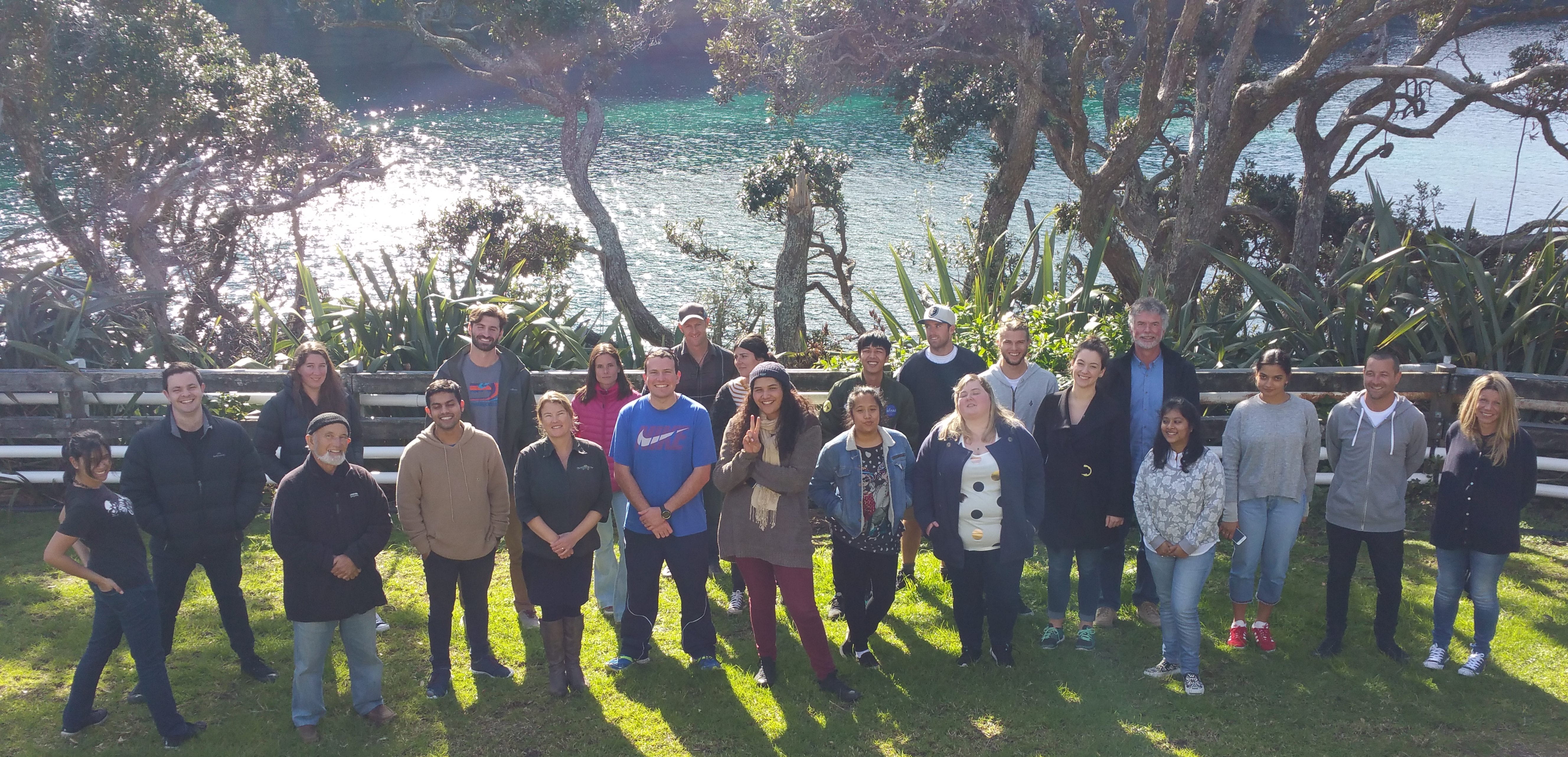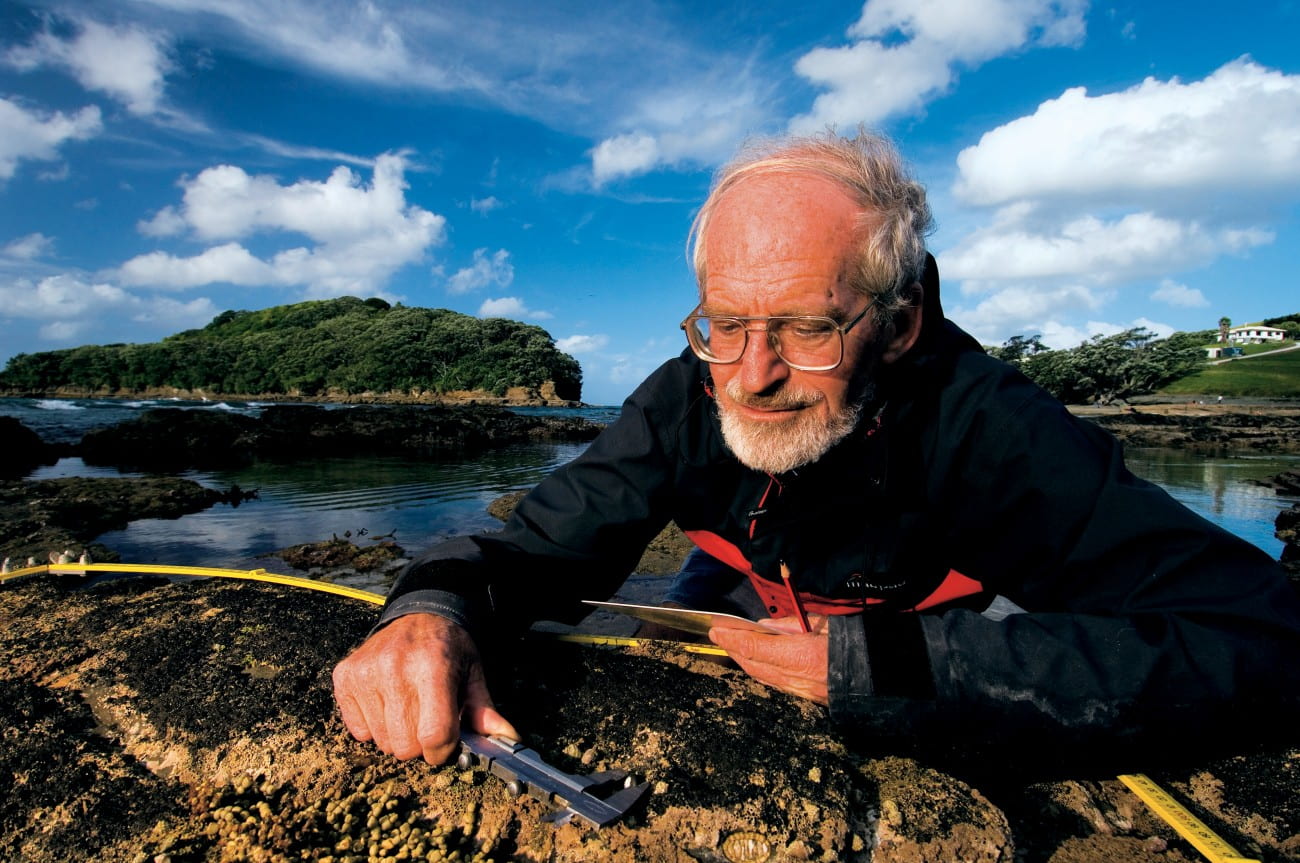
Bill Ballantine, father of Marine Reserves
When I began work at the University of Auckland I inherited Bill’s post-graduate diploma and MSc course on Marine Reserves. We became close friends and spent a lot of time talking about reserves and other topics. Here are some links to articles about him and radio interviews. They list his numerous awards. Movies Bill Ballantine:
